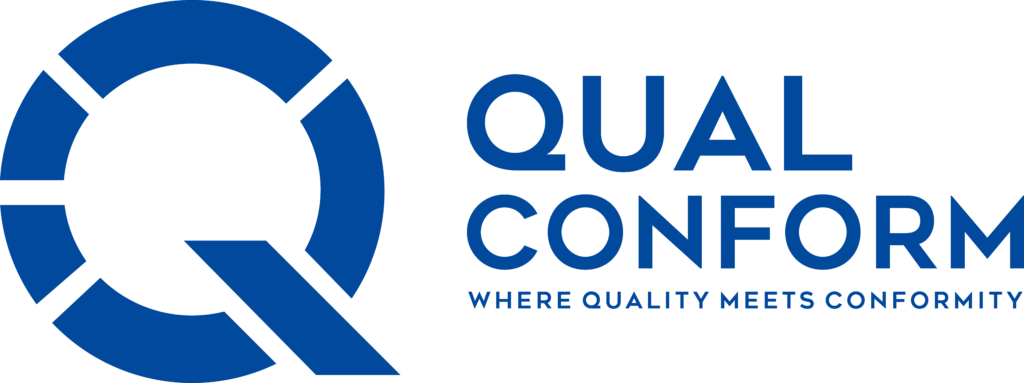In FDA-regulated industries, quality management isn’t just a best practice—it’s a legal and ethical responsibility. Companies involved in pharmaceuticals, medical devices, and food production are required to meet strict guidelines to ensure the safety, efficacy, and reliability of their products. Quality management systems (QMS) form the backbone of these industries, serving as frameworks to maintain product consistency and compliance.
Quality management plays a pivotal role in ensuring product safety. Whether it’s a new drug, medical device, or dietary supplement, a robust QMS helps ensure that products meet both regulatory standards and consumer expectations. With thorough testing, documentation, and reporting, companies can avoid defects that might lead to recalls or harm to consumers. At its core, a well-maintained QMS addresses product risks long before they reach the market, allowing companies to mitigate compliance challenges and liability.

Another benefit of an effective QMS is its ability to reduce operational risk. For instance, poorly managed processes can lead to costly product recalls or FDA enforcement actions. By implementing stringent quality controls from the beginning, companies not only ensure product safety but also safeguard their reputation and bottom line. Quality is not just about compliance—it’s about streamlining operations. When processes are standardized and well-documented, production timelines are shorter, fewer errors occur, and overall efficiency improves. In the long run, this results in lower operational costs, improved customer satisfaction, and enhanced market competitiveness.
In conclusion, quality management in FDA-regulated industries is essential to product success. It’s a critical tool for managing risks, ensuring compliance, and optimizing efficiency, which ultimately benefits both the company and the consumer.
